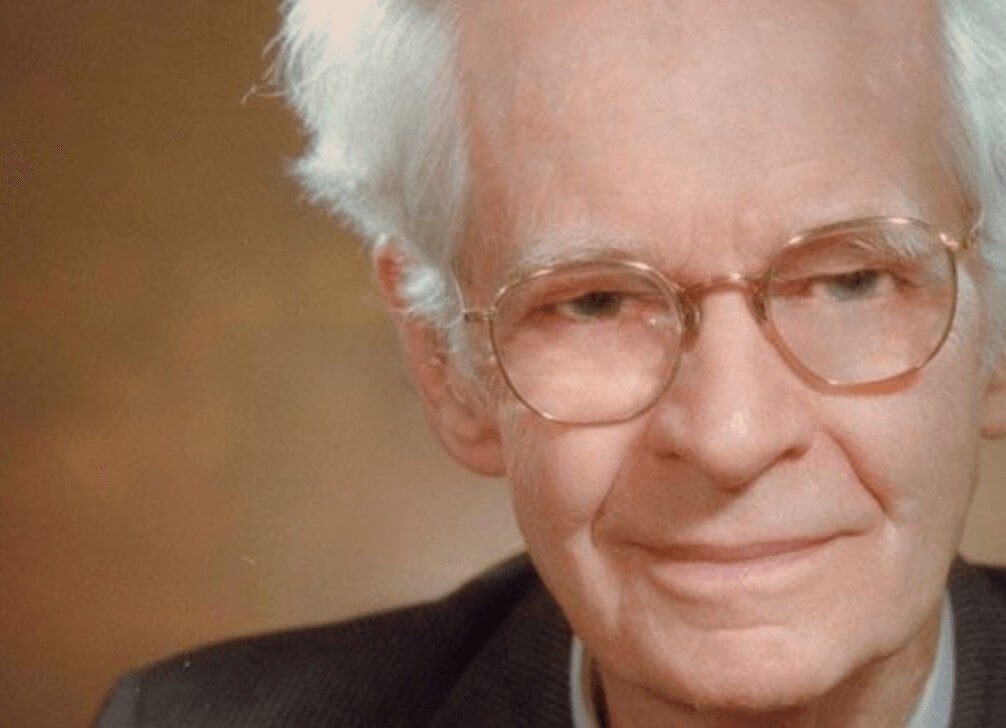In the summer of 1945, BF Skinner wrote The Sun Is But a Morning Star, a utopian novel he finally published in 1948 as Walden Two. The idea for this book was born in the spring of 1945 during a conversation with a friend.
They both thought about what young people would do after the war was over. When asked what they should do, Skinner replied, “They should experiment, they should explore new ways of life, just as people in 19th-century communities did.
- Walden Two.
- Skinner’s first novel.
- Contains much of his scientific knowledge and philosophy of life.
- Particularly in issues of social justice and human well-being.
- He initially sold about 700 copies a year.
- Twice as much as The Behavior of Organisms.
- His first novel.
- Science book.
In the 1950s, his fundamental research on human behavior was widespread. By this time, Walden Two had become more integrated into Skinner’s philosophy and sold 250,000 copies a year. At the end of his life, Skinner continued to address utopian issues and humanist concerns.
is utopian in its content. However, Skinner tried to represent a “good life” that most people could achieve. In doing so, he emphasized five principles he shared with Henry David Thoreau:
This book describes the practices that concerned Americans in the 1940s, both materially and emotionally.
Among the first are practices that ensure good health and free time. What Skinner proposes in Walden Two are conjectures about community practices that could be essential to achieving health, wealth, and wisdom.
For Skinner, health encompasses a wide range of practices including mental, community and environmental health.
In Walden Two, the author describes a series of practices aimed at preserving people and the community from disease and promoting physical well-being.
Crowds should be kept to a minimum and babies isolated as needed to reduce the spread of infections. Outdoor exposure is essential to keep the immune system healthy, as well as daily exercise and nutritious meals for overall health.
Walden Two promotes mental health by suggesting that meaningful work be provided to everyone, a work that emphasizes people’s individual strengths and also ensures enough free time to practice hobbies and seek valuable interests.
Working hours should be adjusted to reduce stress. In addition, sufficient opportunities should be provided for group activities and privacy should be preserved whenever possible.
Defined in terms of harmony and cooperation, Walden Two promotes community health through practices such as the equitable distribution of Community resources. There should be no honorary degree and everyone must participate in unskilled jobs.
In addition, the community must raise children and people should eat frequently to interact with others. Everyone must participate in all kinds of work, including volunteer work. Parents should take care of household and child chores.
Although rarely discussed in the 1940s, Walden Two addressed environmental health through practices that are now more common and common. Skinner describes practices to promote sustainable agriculture, such as maintaining healthy pastures through rotational grazing.
It would be necessary to reduce the use of scarce resources, build energy-efficient homes, use animals instead of machines to control pastures, share houses, establish work reconciliation schedules, design efficient domestic practices, encourage recycling, reduce waste, change clothing styles slowly to avoid fashions, and control water quality (e. g. , balance pH levels).
At Walden Two, Skinner discusses practices that could ensure wealth across the community and an equitable distribution of resources within it. For example, each member must contribute to their work by creating a sufficient group to meet the needs of the community.
In addition, resources should be used wisely to ensure adequate community capital, goods and services, from cradle to grave, for current and future generations. Finally, in Walden Two, wealth is distributed equally and none of the members benefit at the expense of another. .
This book is basically about wisdom understood as knowledge, because it is process and product of science. The community must engage in educational practices that guarantee freedom and prevention of ignorance.
Free and fair education at Walden Two is accessible to all members, not only in the basic academic skills needed for community survival, but also in the personal skills needed for individual and community harmony.
However, the community engages in practices that are more far-reaching than the education of their individual members. Ultimately, he cares about researching and discovering knowledge that benefits the community as a whole.
Wisdom is the central theme of Walden Two. The use of science, both descriptive and experimental, to inform and guide practices that ensure the support of its members and the effectiveness of the community and, ultimately, its survival.
Walden Two, in the utopian genre, discusses ways to maximize social justice and human well-being by balancing the ability of community members to ensure their survival.
In this book, Skinner describes a range of practices to solve problems of individual, social and cultural importance, many on a large scale, related to economics, education, environmental sustainability and personal lifestyles.
The solution would be in the application of behavioral analysis to promote individual and community health, wealth and wisdom.

